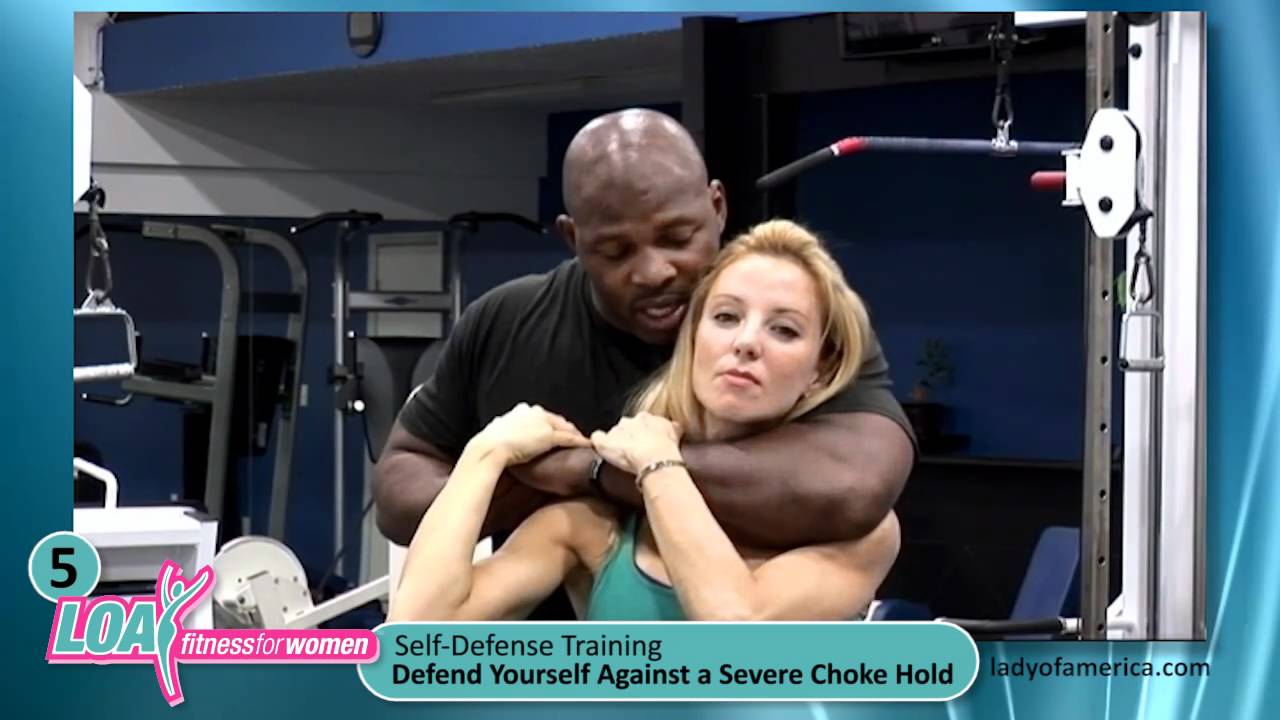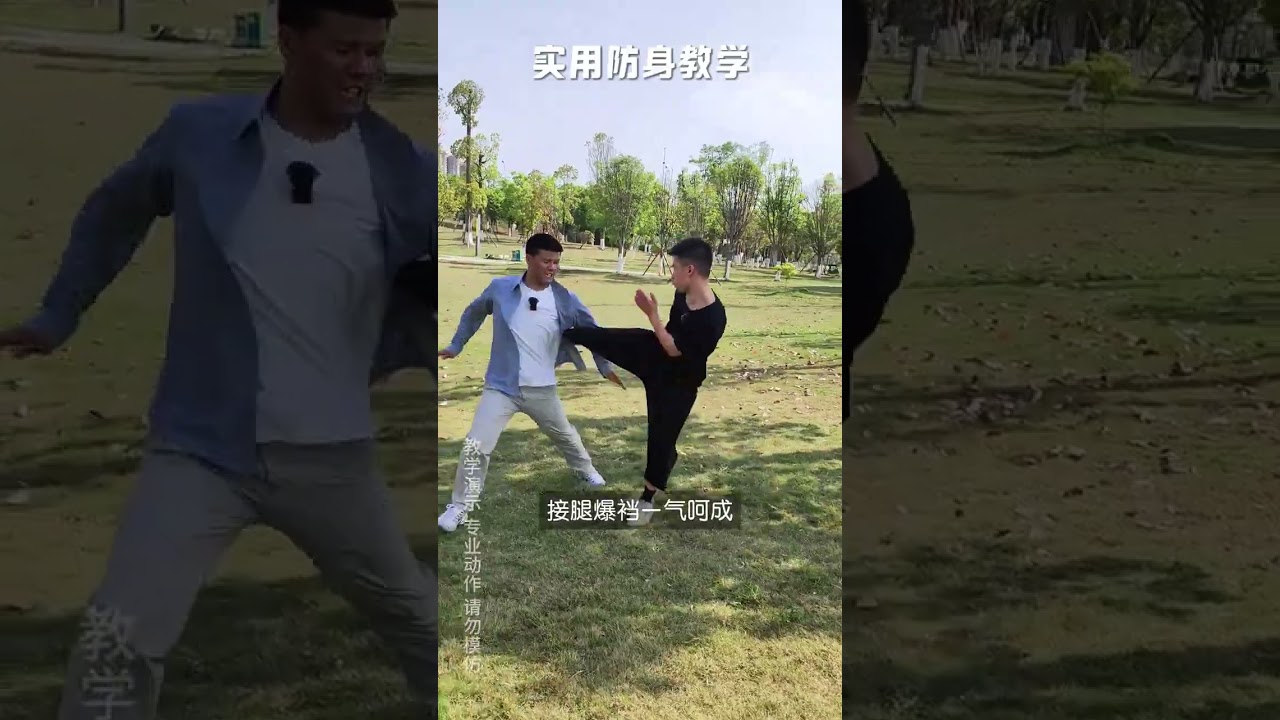Womens Self Defense
Understanding Your Legal Defense Rights: What You Need to Know

As a citizen, it is important to understand your legal defense rights to protect yourself in case of any legal issues. Knowing your rights can be essential in ensuring a fair trial and assisting in mounting a strong defense.
The right to legal counsel is one of the most important aspects of legal defense. If you cannot afford an attorney, you have the right to have one appointed to you by the court. It is crucial to have legal representation to navigate the complex legal system, understand your rights, and build a strong defense strategy.
Another vital right is the right to remain silent. This means that you do not have to answer any questions from law enforcement or prosecutors that may incriminate you. It is important to exercise this right to avoid saying anything that could potentially be used against you in court.
Furthermore, you have the right to a fair and speedy trial. This includes the right to be informed of the charges against you, the right to confront your accuser, and the right to present evidence in your defense. It is crucial to have a trial conducted in a timely manner to prevent any undue delays in the legal process.
Additionally, you have the right to be free from unreasonable searches and seizures. Law enforcement must have probable cause or a warrant to search your property or seize any evidence. It is important to understand your rights in this regard to prevent any violations of your privacy and ensure that any evidence obtained is admissible in court.
It is also important to understand your right to appeal a verdict if you believe that there were errors in the legal process or that your rights were violated. You have the right to appeal to a higher court to review the case and potentially overturn the initial verdict.
In conclusion, understanding your legal defense rights is crucial in protecting yourself in case of any legal issues. It is important to know your rights to legal counsel, remain silent, a fair and speedy trial, protection against unreasonable searches and seizures, and the right to appeal a verdict. Knowing and exercising your rights can make a significant difference in the outcome of your case and help ensure justice is served.
Womens Self Defense
Uniting for Justice: Community Organizations Push for Stronger Self-Defense Legislation

Uniting for Justice: Community Organizations Push for Stronger Self-Defense Legislation
In recent years, the dialogue surrounding self-defense laws has grown more complex and critical, highlighting the need for a re-examination of legal frameworks that govern individual conduct during life-threatening encounters. As issues of personal safety, inequality, and the right to self-defense collide, community organizations across the nation are uniting to advocate for stronger self-defense legislation that not only protects individuals but also addresses systemic injustices.
The Current Landscape
Self-defense laws vary widely from state to state, resulting in a patchwork of regulations that can often leave marginalized communities under-protected. Some states have “Stand Your Ground” laws which give individuals the right to use force without the duty to retreat when threatened. Meanwhile, others adhere to more traditional “Duty to Retreat” principles, requiring individuals to avoid confrontation when possible. This inconsistency can lead to unintended consequences, particularly for people of color and those from lower socioeconomic backgrounds, who might be disproportionately criminalized in self-defense situations.
The Call for Reform
In response to these disparities, community organizations are rallying for legislative change. Groups focused on social justice, civil rights, and public safety are coming together to craft proposals aimed at reforming self-defense laws. These advocates argue that it is essential not only to ensure the right to defend oneself but also to create an equitable legal framework that reduces bias in how self-defense cases are prosecuted and adjudicated.
Key Proposals
-
Enhanced Training and Awareness: One significant proposal advocates for mandatory training in self-defense laws for both civilians and law enforcement. Understanding the legal implications of self-defense can empower individuals to make informed decisions during high-pressure situations.
-
Bias Review Measures: Community organizations are pushing for legislative measures that require law enforcement to undergo training on implicit bias and the historical context of self-defense laws. This could mitigate the risk of racial profiling and ensure that self-defense claims are evaluated fairly.
-
Legal Support and Resources: Providing legal resources and support for individuals who defend themselves can help level the playing field. Advocates suggest establishing funds or programs that can assist with legal fees for those who may not otherwise afford representation in self-defense cases.
- Community Dialogues: Engaging community members in discussions about self-defense can foster better understanding and cooperation. Organizing community forums to discuss individual rights, responsibilities, and personal safety can build trust and provide critical information.
Building Coalitions
Collaboration is at the heart of this movement. Organizations with differing focuses—such as gun rights advocates, domestic violence shelters, youth mentorship groups, and racial justice organizations—are finding common ground in the belief that self-defense is a fundamental right that must be accessible to everyone.
These coalitions are also crucial in countering misinformation about self-defense laws and their implications. By working together, they can foster a more informed public debate and promote legislation that is both just and effective.
The Path Forward
As these community organizations continue to push for stronger self-defense legislation, the conversation around justice, equity, and individual safety remains crucial. Advocates emphasize that any reform must be carefully crafted to protect the rights of all individuals while also addressing the underlying societal issues related to violence and safety.
In conclusion, the united effort of community organizations in advocating for stronger self-defense legislation reflects a growing commitment to justice that transcends traditional divides. By prioritizing equity and informed discourse, these groups are not only advocating for change in the law but are also championing the dignity and safety of every individual in society. The path to reform may be arduous, but the collective action of committed organizations can drive meaningful change in ensuring that self-defense rights are upheld for all.
Womens Self Defense
Self Defense Training For Women In A Bar Scene Or Walking The Mall — Lady Of America

http://www.ladyofamerica.com This is the last of the Lady of America Fitness for Women self defense training videos. This video is …
source
Womens Self Defense
One Punch Man #Selfdefense #Womens selfdefense #Defeat the enemy with one move #Selfdefens
-

 Womens Self Defense11 months ago
Womens Self Defense11 months agoNew Legislation Empowers Women to Defend Themselves
-

 Self Defense News1 year ago
Self Defense News1 year agoShe was convicted of killing her abusive boyfriend. Now a Maple Grove woman is home awaiting a new trial.
-

 Self Defense News1 year ago
Self Defense News1 year agoSelf-Defense for All: The new Gracie Jiu-Jitsu Pasadena is for everyone | Online Features
-

 Womens Self Defense1 year ago
Womens Self Defense1 year agoTop 5 Self-Defense Techniques Every Woman Should Know
-

 Womens Self Defense7 months ago
Womens Self Defense7 months agoUnderstanding State-by-State Variation in Self Defense Laws
-

 Womens Fitness1 year ago
Womens Fitness1 year agoXtreme Bodyweight HIIT (Lots of Jumping!) | Joanna Soh (Fio Series)
-

 Womens Preparedness1 year ago
Womens Preparedness1 year ago10 essential skills for surviving in the great outdoors
-

 Womens Preparedness1 year ago
Womens Preparedness1 year agoEmpower Yourself: A Guide to Female Survival Planning






